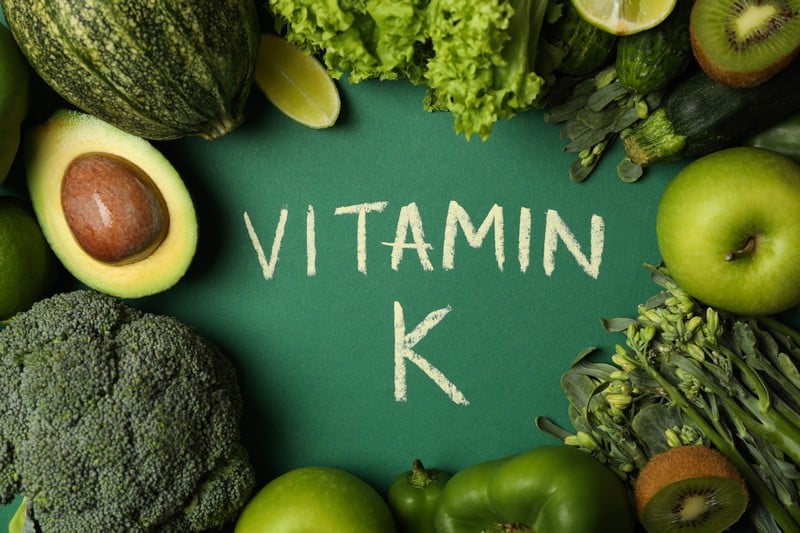Varicose veins refer to a condition where an individual has enlarged, twisting, and swollen veins that tend to appear dark purple or blue. They often develop when damaged or faulty valves in your veins make the blood pool or flow in the opposite direction. Over twenty percent of adults are believed to have the condition, with approximately one in four Americans having varicose veins, making it relatively common.
Treatments may not be needed when discomfort or symptoms aren’t present. Some can find adequate relief through home remedies like compression stockings. However, people who experience symptoms like pain or complications, such as swelling, skin discoloration, and leg ulcers, may need some medical assistance. It’s also possible for some to look for ways to address the problem for cosmetic reasons.
Some home remedies for varicose veins include regular exercise, maintaining moderate and healthy body weight, raising your legs, avoiding sitting or standing for prolonged periods, using over-the-counter medications like topical creams and emollients, and using compression stockings. If the veins are too big, they may have to be surgically removed. Other procedures that may be performed are stripping and ligation, sclerotherapy, radiofrequency ablation, and laser treatment, among many others.
Vitamin K Deficiency

A crucial nutrient for bone health, blood clotting, and more, the deficiency of vitamin K is one of the most common causes of varicose veins development. Its main indicator for the condition is the inability of blood clots to form, resulting in excessive bleeding. Often, most people can get a sufficient supply of the vitamin in what their bodies naturally produce and the foods they consume.
However, risk factors, such as blood thinners and anticoagulants, specific antibiotics, poor dietary regimen, and high intake of vitamins E or A can make a person more vulnerable to the deficiency of vitamin K. Some health conditions may also contribute to its deficiency, such as those linked to fat malabsorption. These include celiac disease, cystic fibrosis, and biliary or intestinal tract disorders.
The primary treatment for those who cannot get enough vitamin K is the regular intake of supplements like phytonadione. While the supplement is generally taken orally, injections are available for those unable to absorb it properly via the mouth. Often, the dosage will depend on the individual’s overall health and age. But for most adults, it ranges from one to ten milligrams daily, with the possibility of repeat doses.










